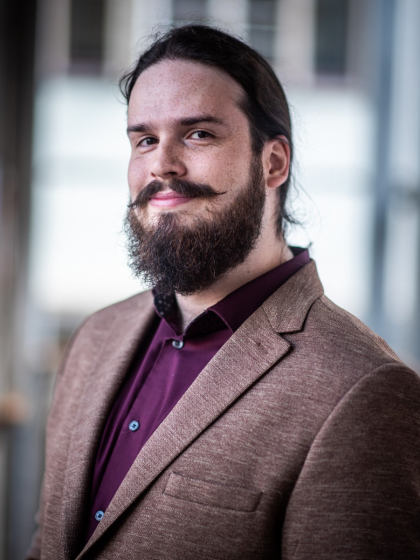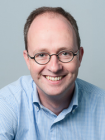Medewerkers met het vakgebied Filosofie
Wetenschap ontwikkelt zich waar verschillende vakgebieden samenkomen. Alleen al daarom bestaat er binnen de RUG een grote verscheidenheid aan vakgebieden, met daarbinnen een groot aantal vakspecialisten. Met behulp van onderstaand overzicht, gebaseerd op een vaststaande indeling van wetenschapsgebieden, vindt u op elk vakgebied de juiste deskundige. Komt de deskundige die u zoekt niet voor in deze lijst? Via een vergelijkbaar vakgebied of een gerelateerde faculteit vindt u mogelijk alsnog de juiste persoon.
Overzicht van alle vakgebieden
Ancient biographical literature with a special focus on the Hellenistic period and its epigrammatic sources. Religious aspects of ancient funerary literature. Reception and canonization of the classical legacy. Biographical narratives about the death and... read more
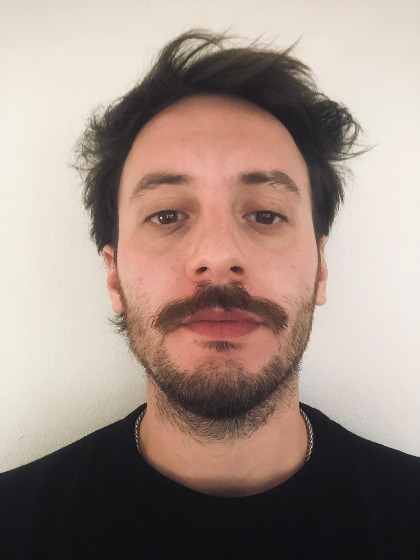
Contact
b.d.alfonzo rug.nl
Functie
PhD candidate
History of philosophy
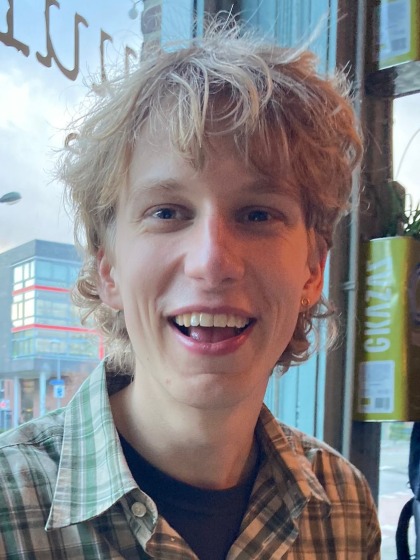
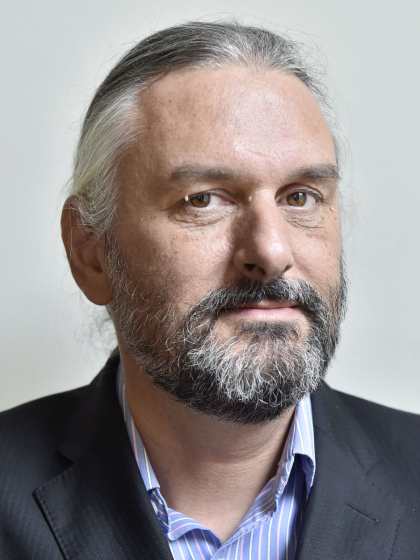
Contact
Functie
Universitair Docent Godsdienstfilosofie
Vakgebied
Theoretical Physics, especially Quantum Mechanics
Philosophy of Science, especially Philosophy of Physics
Philosophy of Science, especially Philosophy of Physics
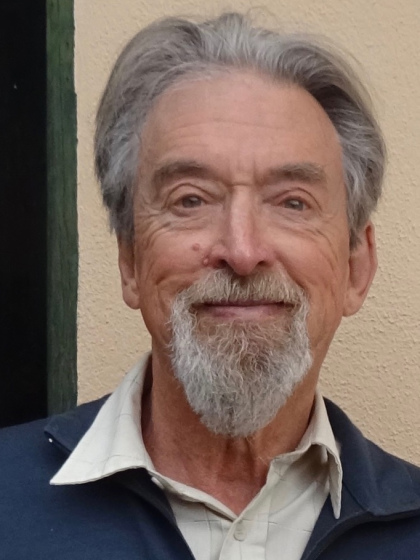
Contact
Functie
Emeritus Professor
Philosophy, Decision Making, Formal Epistemology, Philosophy of Science
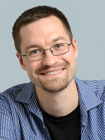
Contact
Functie
Academic Director of Education / Lecturer
Vakgebied
Bijzonder hoogleraar strafrechtsfilosofie (Leo Polak-leerstoel). Klik hier voor een volledig profiel: Prof. mr. dr. Johannes Bijlsma - Recht, Economie, Bestuur en Organisatie - Universiteit Utrecht
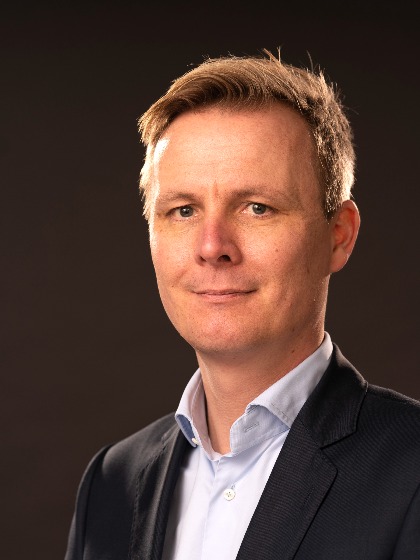
Film, Phenomenology, Aesthetics, Reception Studies
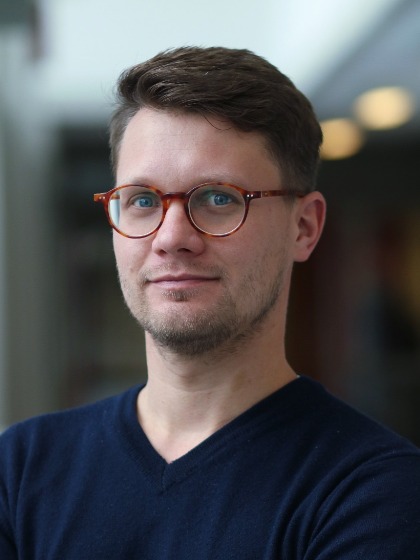
Contact
Functie
Docent filmwetenschap
Moral and political philosophy, normative political theory, ethics, global justice, value pluralism, incommensurability, comparability
Thesis supervision
I am willing to supervise PhD research that corresponds to the interests outlined above.
Thesis supervision
I am willing to supervise PhD research that corresponds to the interests outlined above.
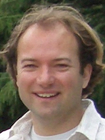
De conceptuele geschiedenis van autisme in de (kinder)psychiatrie. De filosofie van autisme spectrum condities.
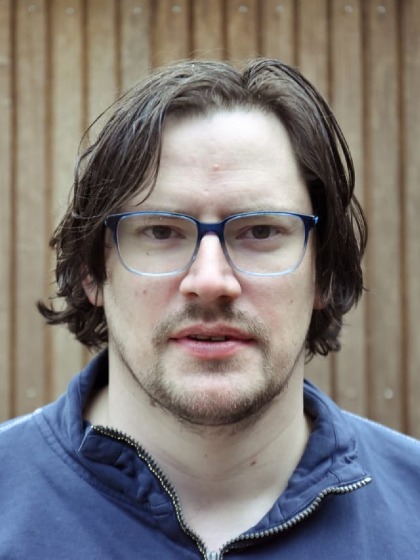
Daphne Brandenburg is Universitair Docent Toegepaste Ethiek, aan de University of Groningen.
Ze onderzoekt hoe ontwikkelingen in de psychologie en cognitiewetenschap hun weerslag hebben op ethische vragen over autonomie, verantwoordelijkheid en morele... lees meer
Ze onderzoekt hoe ontwikkelingen in de psychologie en cognitiewetenschap hun weerslag hebben op ethische vragen over autonomie, verantwoordelijkheid en morele... lees meer
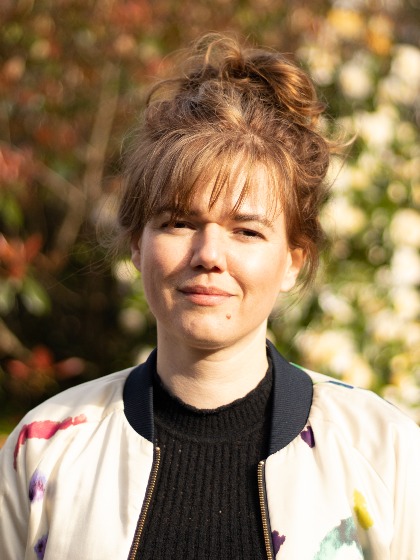
Psychedelica, middelen ondersteunde psychotherapie, kwalitatief onderzoek, fenomenologie
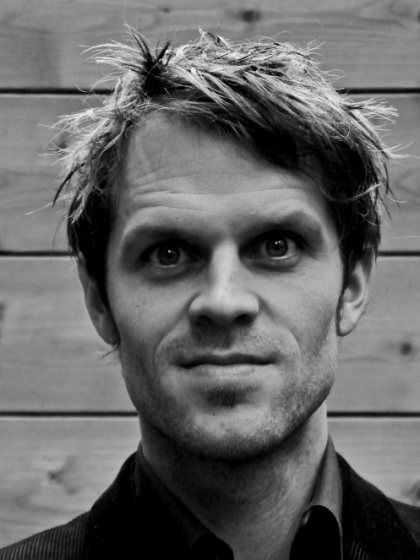
Contact
j.j.breeksema umcg.nl
Functie
Postdoctoraal onderzoeker
Sustainable development, Nudging behaviour toward sustainable choices, sustainability applied to hospitality, youth tourism, transformative travel
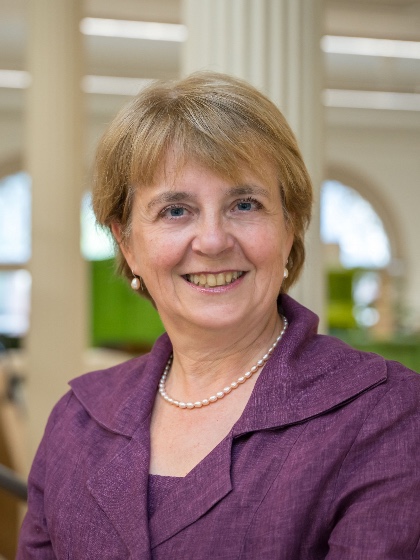
Contact
Functie
Associate Professor of Responsible Leadership Development and Sustainability in Tourism
Vakgebied
Collective artificial intelligence, Logical models of social network phenomena, Formal social epistemology.
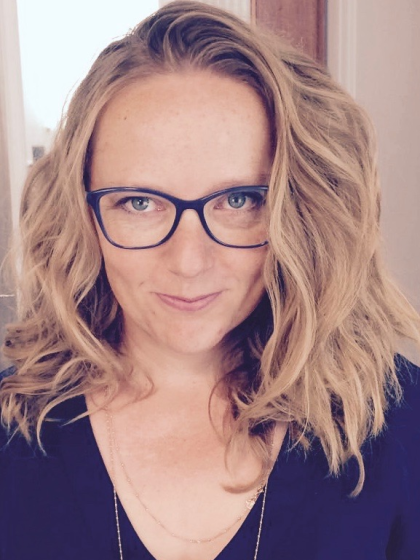
Contact
Functie
Assistant Professor in Cognitive Artificial Intelligence
- Filosofie in het voortgezet onderwijs (zowel als docent, lesmethodemaker, vakdidacticus, onderzoeker)

Contact
Functie
Vakdidacticus Filosofie
Vakgebied
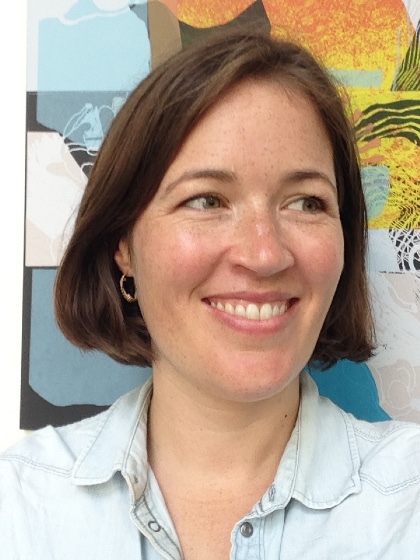
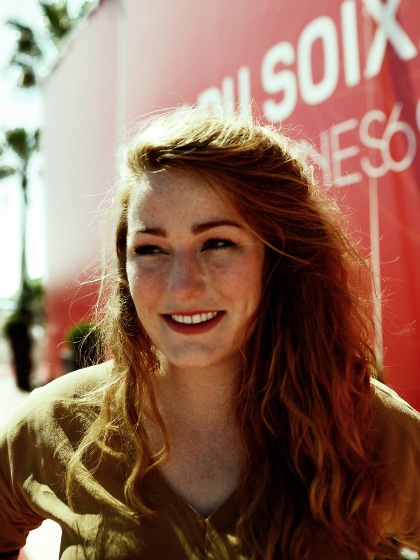
Contact
jonna.dijkstra rug.nl
Functie
PhD student
Vakgebied
IR Theory / Political Thought / Human Rights / History and Theory of International Law / Migration Ethics
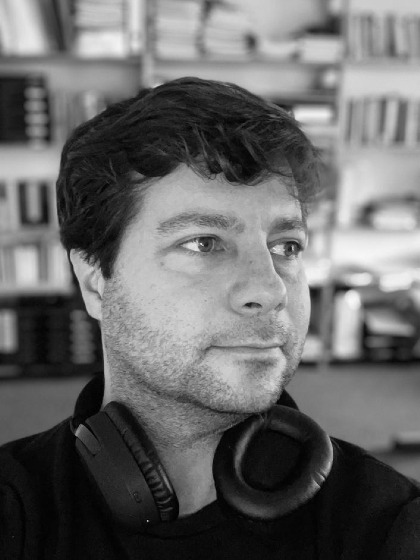
Contact
Functie
PostDoc in the History & Theory of IR
Kentheorie, Epistemische rechtvaardiging, Religieus taalgebruik, Wittgenstein
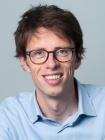
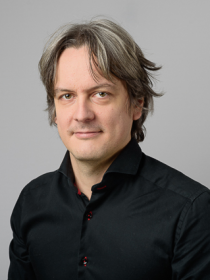
Contact
Functie
Universitair hoofddocent
Vakgebied
Filosofie van het internationale recht
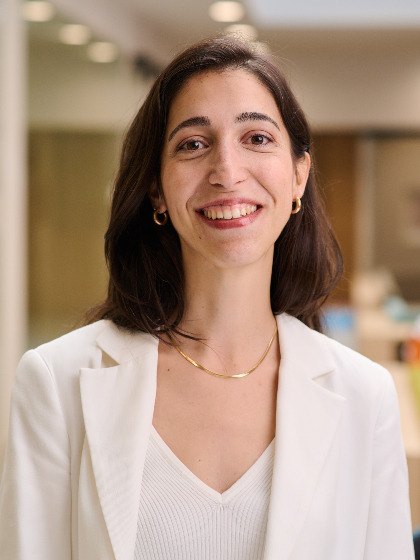
metaethics, free will, aesthetics, meaning of life
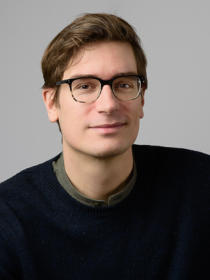
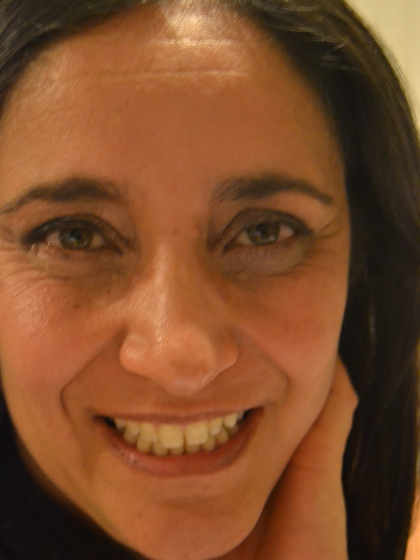
Philosophy of science
Epistemology
Philosophy of technology
Epistemology
Philosophy of technology
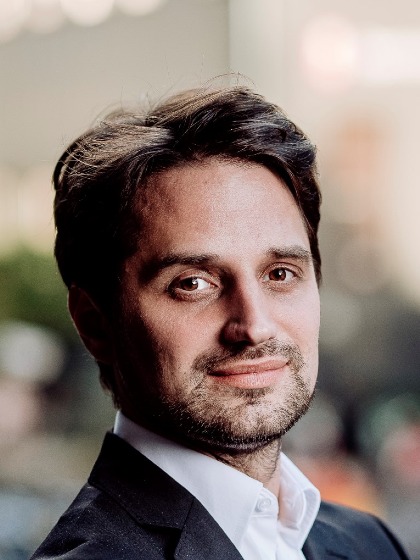
Contact
Functie
Universitair Hoofddocent
Vakgebied
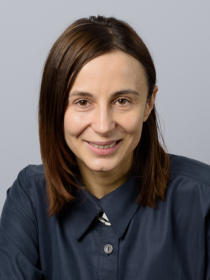
Contact
Functie
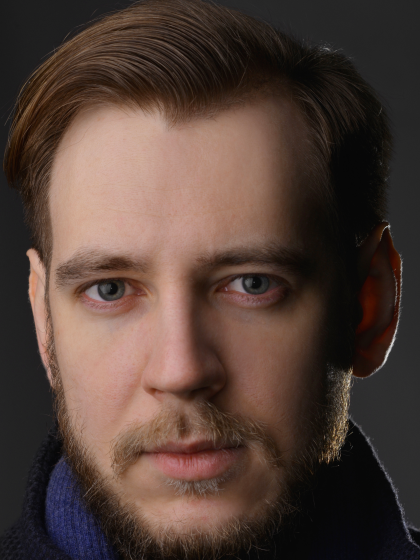
Contact
k.v.gorobets rug.nl
Functie
Docent internationaal recht
Business ethics, Sustainability, Epistemology, Argumentation theory, Philosophy of Science
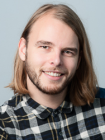
Contact
Functie
Docent Filosofische vaardigheden
Vakgebied
Löwith-Blumenberg debat, geschiedfilosofie, continentale filosofie
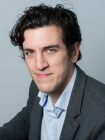
Multimodal argumentation, argumentation theory, multimodality, discourse studies, fact-checking, TikTok

Contact
m.n.grzenkowicz rug.nl
Functie
Promovendus - Multimodale Argumentatie
Vakgebied
Metaethics (especially error theory)
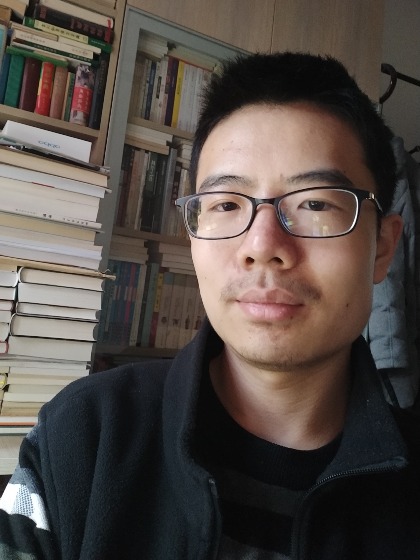
- Wetenschapsfilosofie, filosofie van meting, sociale epistemologie, oordeelsaggregatie, empirische filosofie, kwalitatief onderzoek.
- Peer review panels, kwaliteit(szorg) van hoger onderwijs, accreditatie.
- Interaction design, media design.
Meer... lees meer
- Peer review panels, kwaliteit(szorg) van hoger onderwijs, accreditatie.
- Interaction design, media design.
Meer... lees meer
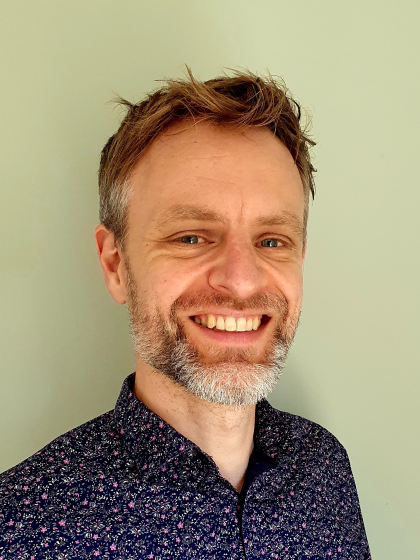
social justice, philosophy of markets, history of economic and political thought, ethics in organizations, political epistemology
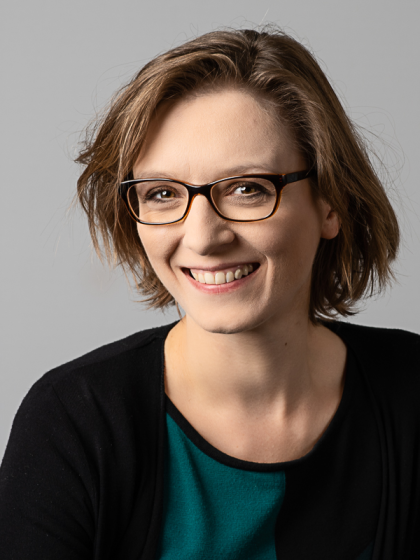
Contact
Functie
Hoogleraar Politieke Filosofie, Decaan
Vakgebied
Ethiek, sociale ontologie en politieke filosofie
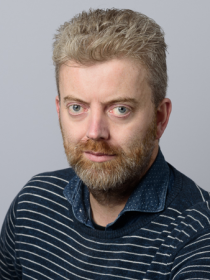
Contact
Functie
Hoogleraar ethiek, sociale en politieke filosofie
Vakgebied
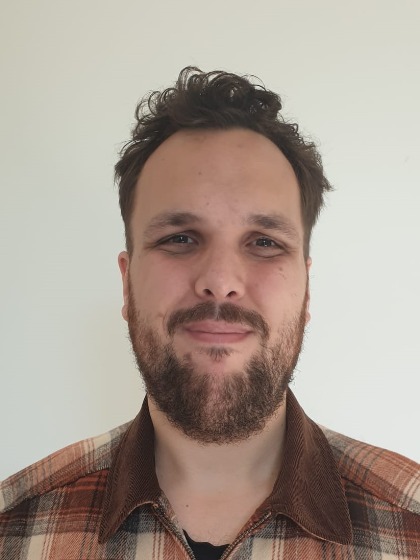
Contact
h.d.hogenbirk rug.nl
Functie
Postdoc
Ideeëngeschiedenis; interactie religie - filosofie; praktische filosofie (ethiek, politieke filosofie); rouwcultuur; geschiedenis van rouwtherapie; erfgoedstudies
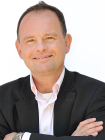
Contact
Functie
Hoogleraar Ethiek en Vergelijkende Godsdienstfilosofie
Vakgebied
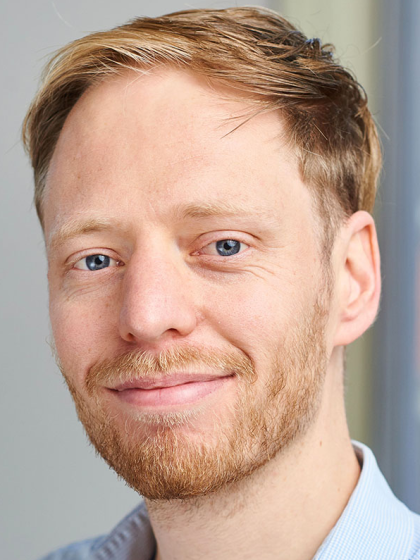
Contact
h.jellema rug.nl
Functie
Universitair Docent / Postdoc
Vakgebied
Antieke Filosofie
Ik ben specialist op het gebied van Plato, het Stoicisme en het Neoplatonisme. Centraal in mijn onderzoek staat enerzijds de vraag hoe antieke denkers hun inzichten in literaire teksten hebben willen communiceren en anderzijds de... lees meer
Ik ben specialist op het gebied van Plato, het Stoicisme en het Neoplatonisme. Centraal in mijn onderzoek staat enerzijds de vraag hoe antieke denkers hun inzichten in literaire teksten hebben willen communiceren en anderzijds de... lees meer
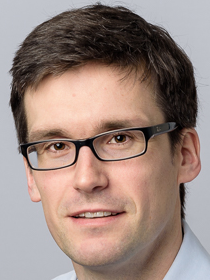
Contact
Functie
Universitair Docent Antieke Wijsbegeerte
Vakgebied
Citizen Science
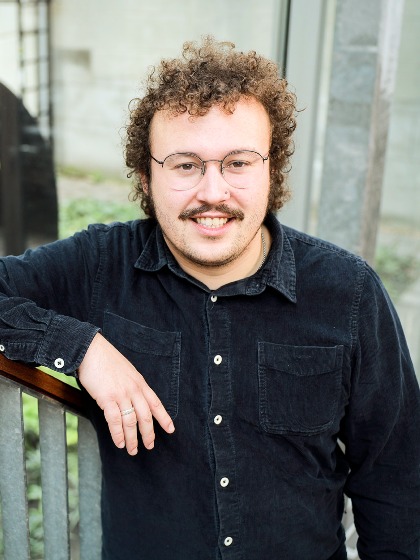
Contact
Functie
Coördinator Kenniscentrum Filosofie, Docent.
Vakgebied
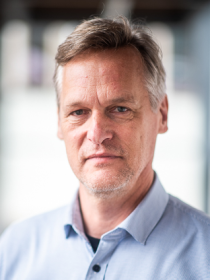
Contact
Functie
Universitair Hoofddocent
Vakgebied
Ethiek, politieke filosofie, Immanuel Kant, Kantianisme, wijsgerig kosmopolitisme
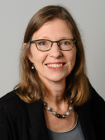
Contact
Functie
Hoogleraar ethiek en haar geschiedenis
Feminist philosophy, phenomenology, social and political philosophy.
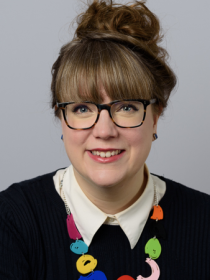
Logica en Argumentatietheorie
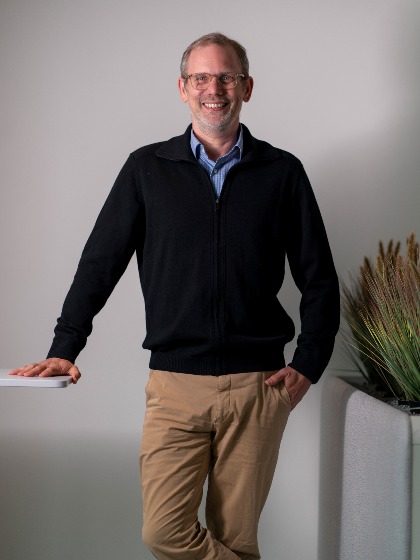
Contact
b.p.kooi rug.nl
Functie
Universitair hoofddocent
I am working on foundational issues of scientific explanation, models and understanding, particularly in the fields of neuroscience, cognitive science, biology, and AI.
My most distinct contribution is the development of an account of topological... read more
My most distinct contribution is the development of an account of topological... read more
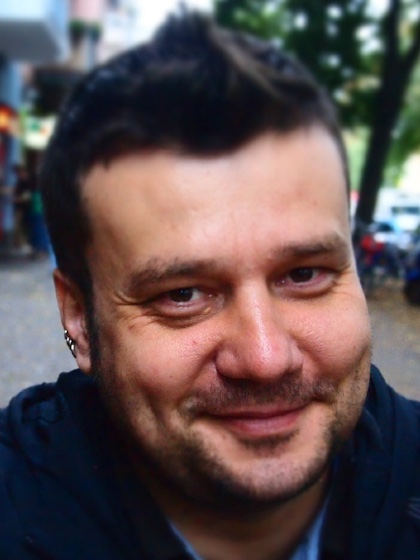
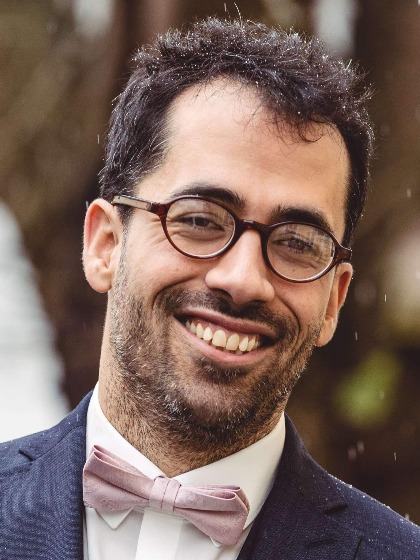
Filosofie, in het bijzonder Wetenschapsfilosofie
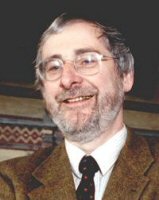
Contact
Functie
Emeritus hoogleraar wetenschapsfilosofie
Vakgebied
Philosophy of argument, Multimodal argumentation, Fallacies, Criticism, Deliberative negotiation, Deliberative debate, Argumentation software
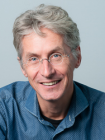
Filosofie van Wetenschap, Techniek en Samenleving

Performance Filosofie
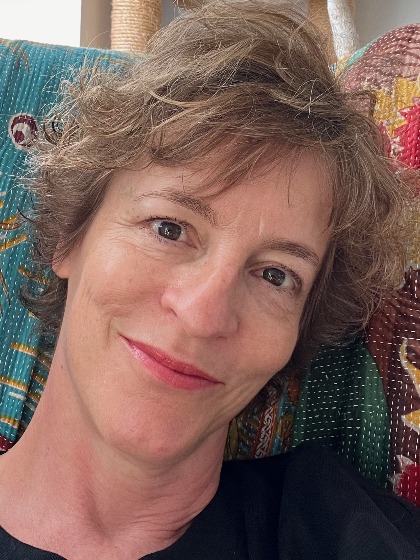
Contact
Functie
Chair of Arts, Society and Culture
Vakgebied
Feminist Philosophy, Feminist Epistemology, Epistemic Injustice, Philosophy of Emotions, Affective Injustice
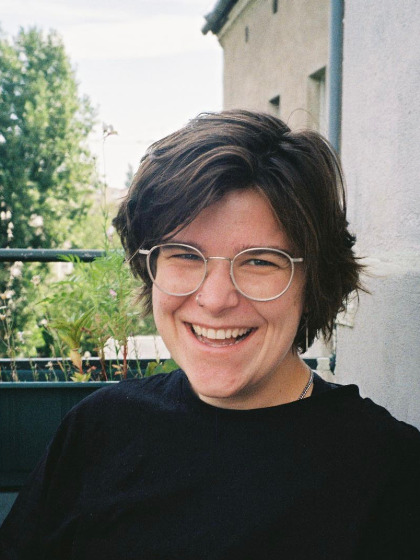
Kritische theorie, esthetica, kunstkritiek, cultuurfilosofie
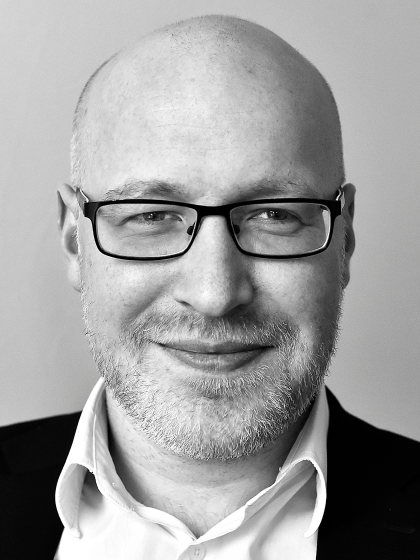
Contact
Functie
Universitair Docent Kunst- en Cultuurfilosofie
Vakgebied
Rechtsfilosofie; professie ethiek, meer i.h.b. ethiek van juridische professies en wetenschapsethiek; epistemologie en wetenschapsfilosofie van het recht
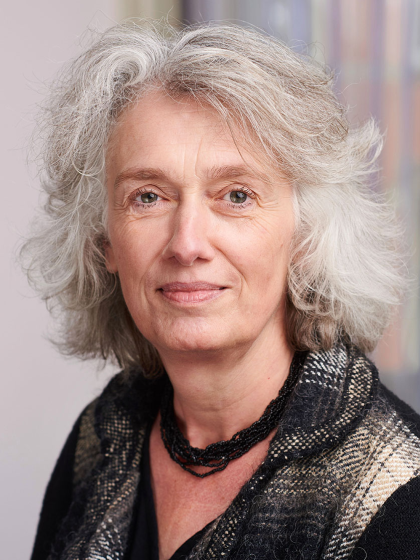
Contact
Functie
Hoogleraar rechtsfilosofie
Vakgebied
Semantiek, Pragmatiek, Taalfilosofie, zie https://sites.google.com/site/emarmaier/
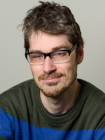
Kant and Post-Kantian Philosophy, Phenomenology, Cognitive Archaeology
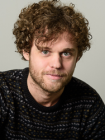
Who is responsible for global structural injustice? This is the question I answer in my first monograph
With Power Comes Responsibility: The Politics of Structural Injustice
(Bloomsbury Academic 2024). I have also co-edited the collection
What is... read more
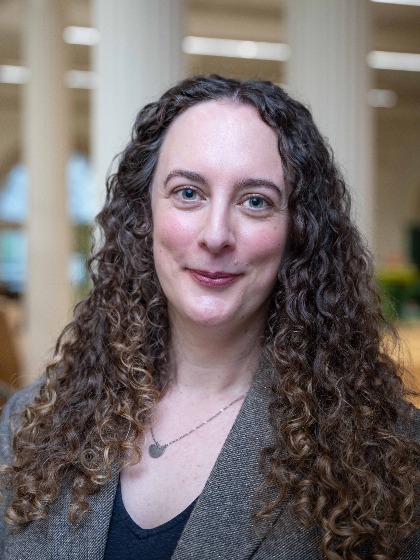
Contact
Functie
Assistant Professor in Political Theory
Roland Mees is een expert op het gebied van motivationele obstakels die optreden bij duurzaam handelen en maatregelen die individuen, instellingen en de mensheid kunnen treffen. Als hoogleraar Praktijk van Bedrijfsethiek werkt hij nauw samen met... lees meer
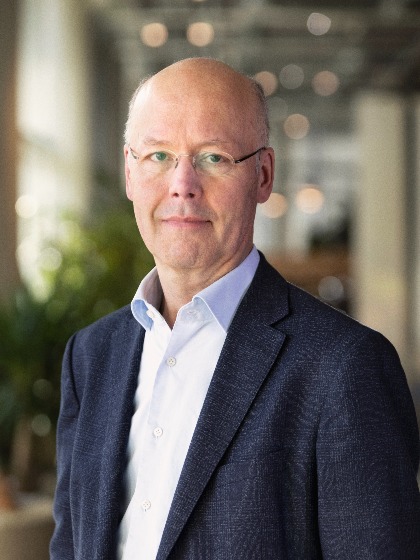
Contact
Functie
Hoogleraar Praktijk van Bedrijfsethiek
- De Europese bodempolitiek - Politieke ecologie - Politieke filosofie
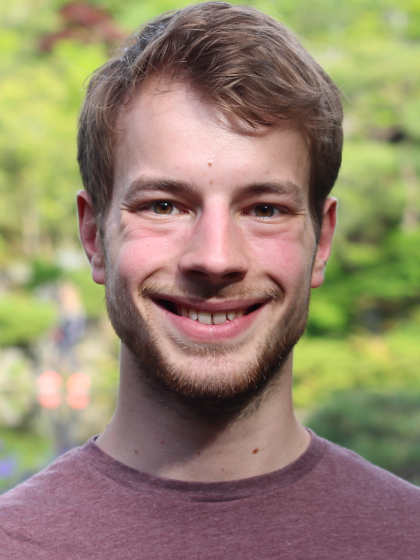
Medische Ethiek, onderzoeks-ethiek, moreel beraad, competentie & professionele ontwikkeling
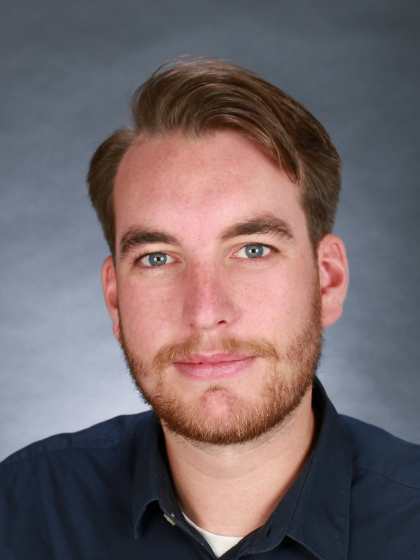
Contact
r.w.van.der.molen umcg.nl
Functie
Coördinator competentieonderwijs geneeskunde & docent Ethiek
Vakgebied
Geschiedenis van de 19e en 20e eeuwse Duitse en Nederlandse Theologie en Godsdienstwetenschap; Ernst Troeltsch (1865-1923); Geschiedenis van het liberale protestantisme; Religie en samenleving; Materieel christendom; Religie in de publieke sfeer
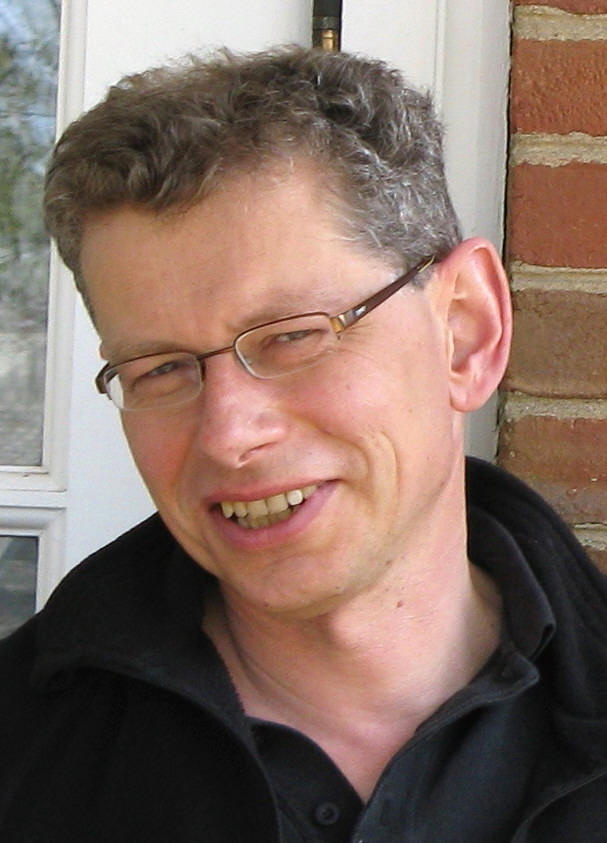
Contact
Functie
Emeritus hoogleraar geschiedenis van het christendom en hoogleraar wijsbegeerte
Vakgebied
Geschiedenis van de filosofie
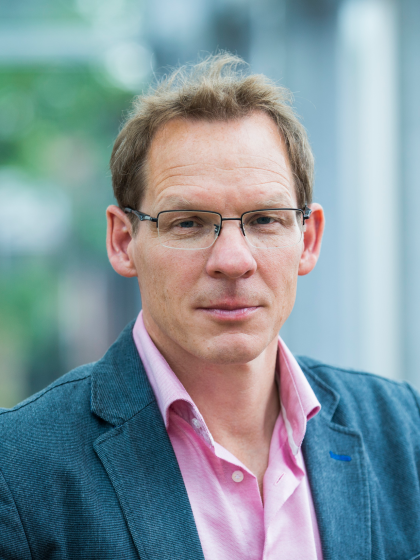
Contact
Functie
Hoogleraar Geschiedenis van de Filosofie
Vakgebied
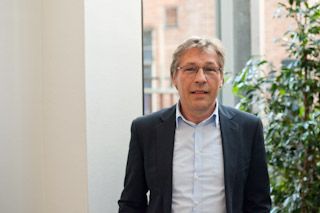
Contact
Functie
Emeritus hoogleraar in de Geschiedenis van de Moderne Wijsbegeerte, vanwege Stichting Groninger Universiteitsfonds
Vakgebied
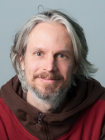
Epistemology, Philosophy of Science, Logic, History of Analytic Philosophy

Contact
Functie
Hoogleraar Theoretische Filosofie
Vakgebied
Moderne Geschiedenis - Geschiedtheorie - Leergeschiedenis - Retorica
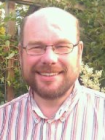
Contact
Functie
Universitair Hoofddocent
Vakgebied
Humor and Play in Political Discourse, Ethics of Political Humor, Political Rhetoric, US & Dutch Politics
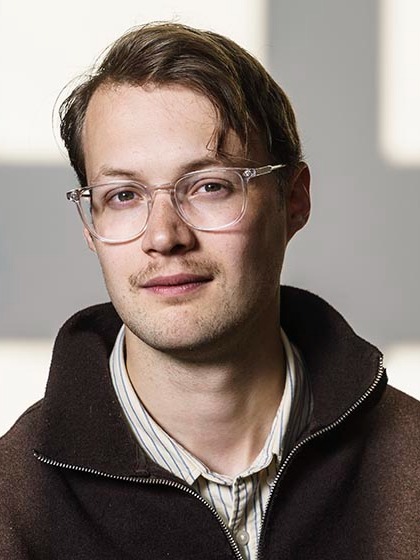
New Testament and Early Christianity
Nag Hammadi codices and Gnosticism
Early Christian Apocrypha
Religion and Philosophy in Late Antiquity
Plutarch of Chaeronea
Nag Hammadi codices and Gnosticism
Early Christian Apocrypha
Religion and Philosophy in Late Antiquity
Plutarch of Chaeronea
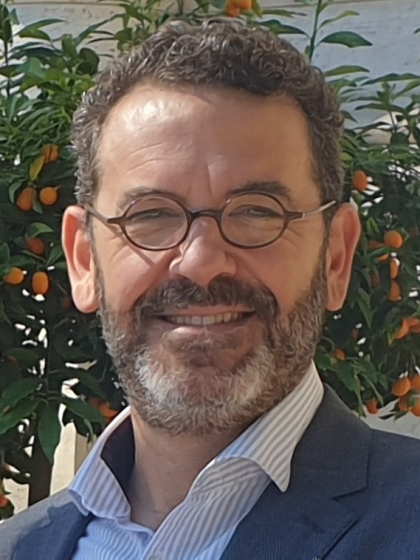
Contact
Functie
Hoogleraar Nieuwe Testament en Vroeg Christendom
Zie voor meer informatie mijn persoonlijke webstek: http://romeijn.web.rug.nl.
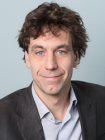
Contact
Functie
Hoogleraar Wetenschapsfilosofie romeijn.web.rug.nl
Vakgebied
Philosophy of Science, Social Epistemology, Philosophy of Cognitive Science
For more information, visit my website.
For more information, visit my website.
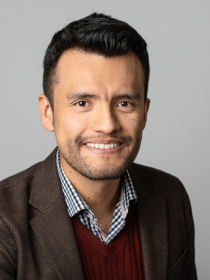
About Me
I am a political theorist studying collective decision-making in contexts of deep pluralism — particularly through compromise, voting, and on digital democratic platforms.
Background
Postdoctoral Researcher, Religion and Public Life, Universit... read more
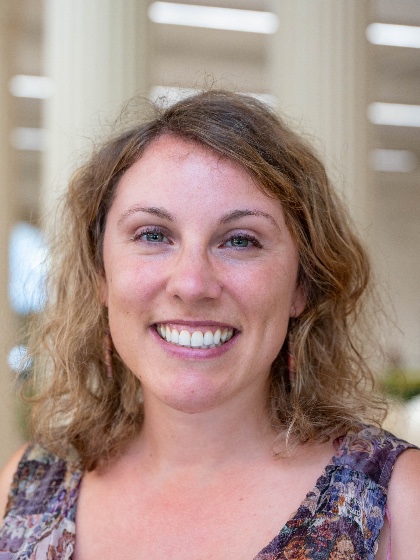
Contact
e.roumeas rug.nl
Functie
Programme director University College Fryslân & Assistant Professor in Political Philosophy
Vakgebied
Early modern philosophy, Spinoza, Cartesian debates, Early modern science and natural philosophy, Causation, Continental philosophy, Martin Heidegger, Emanuele Severino, Digital humanities, Computational history of ideas, Ancient Buddhist thought,... read more
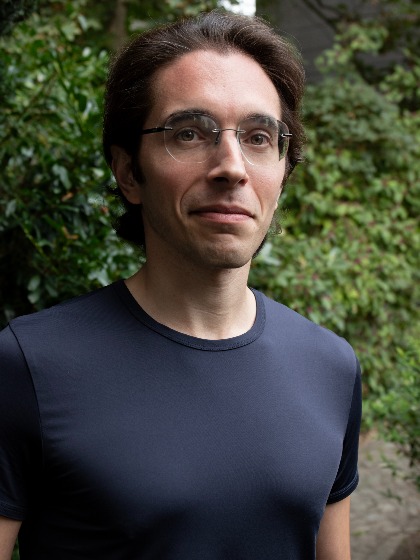
Contact
Functie
Hoofddocent
Vakgebied
wetenschapsfilosofie en -theorie, wetenschapscommunicatie, theorie van de psychologie en cognitieve neurowetenschappen, filosofie van de psychiatrie, ethiek van de neurowetenschappen, interdisciplinair onderzoek en onderwijs, onderwijs voor verschillende... lees meer
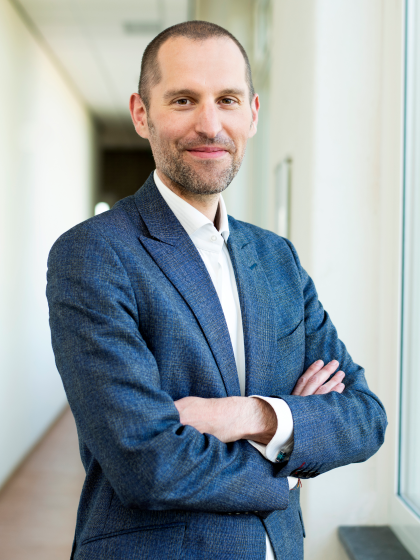
Contact
Functie
Universitair Hoofddocent
Political Theory; Ethics; Public Health Ethics; Philosophy of Public Policy
See my personal website for more.
See my personal website for more.
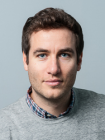
Contact
Functie
Hoogleraar ethiek en politieke filosofie
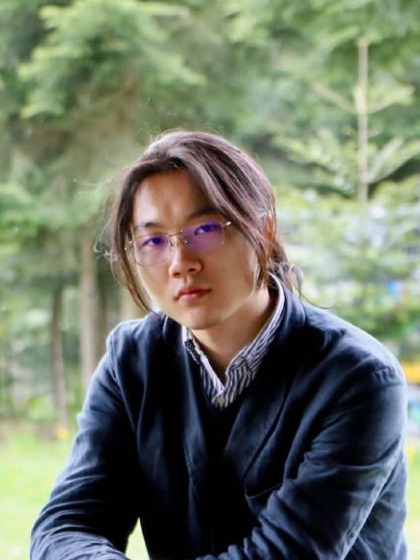
Kentheorie, wetenschapsfilosofie
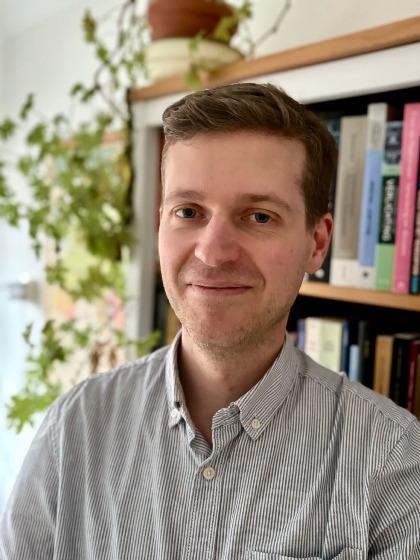
Sociale en Politieke Filosofie, Kritische Theorie, Poitieke Theorie van de Digitale Sfeer (Privacy, Digitale Soevereniteit), Filosofie van Hoop
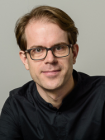
Contact
Functie
Universitair Hoofddocent
Vakgebied
Metaethiek en aanverwante deelgebieden van de filosofie
Vergelijkende Godsdienstwetenschap; Interreligieuze dialoog; Filosofie van religie; Geschiedenis van religies; Vergelijkende Filosofie; Theologie.
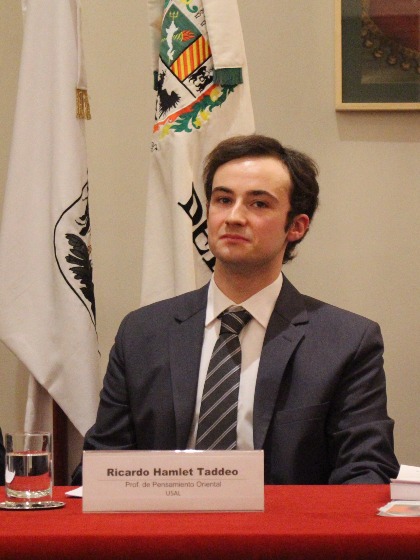
Interculturele filosofie, Religiewetenschap, Linguïstische filosofie, Eco-ethiek, Milieu-innovatie, Sociale transitie, Gelijkheid, diversiteit en inclusie, Open science, Duurzaamheid en onderhoud, Digitale geesteswetenschappen, argumentatie,... lees meer
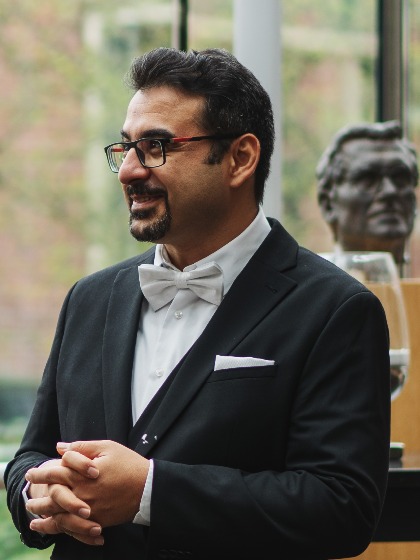
Contact
Functie
Vakgebied
Mijn expertisegebied ligt in de verkenning van wereldfilosofieën en epistemische diversiteit, met een bijzondere focus op hun methodologische en pedagogische dimensies. Mijn benadering is geworteld in continentale Europese filosofie, Latijns-Amerikaanse... lees meer
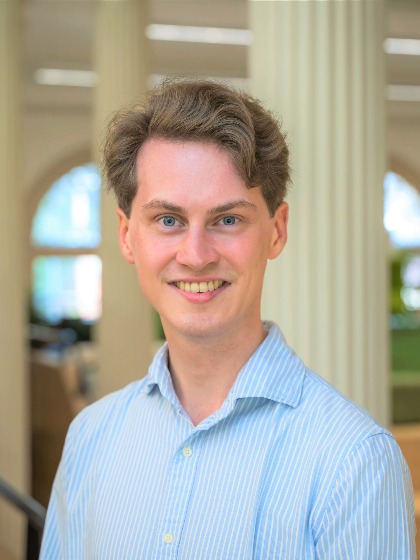
Conceptual Engineering, Meaningful Human Control, Responsibility and Control Gaps

European integration, memory studies, contemporary continental political theory, twentieth century intellectual history
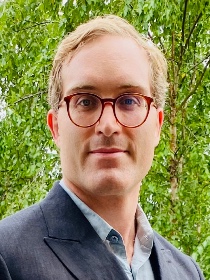
Contact
Functie
Universitairdocent (UD1), Geschiedenis en theorie van Europese Integratie
Positieve bias | Optimisme | Informatieverwerking | Mentale gezondheid | Depressie | Verlies van plezier | Dagboekstudies | Intergenerationele overdracht | Relaties tussen jongeren en hun leeftijdsgenoten
Ik ben gefascineerd door positieve bias, het... lees meer
Ik ben gefascineerd door positieve bias, het... lees meer
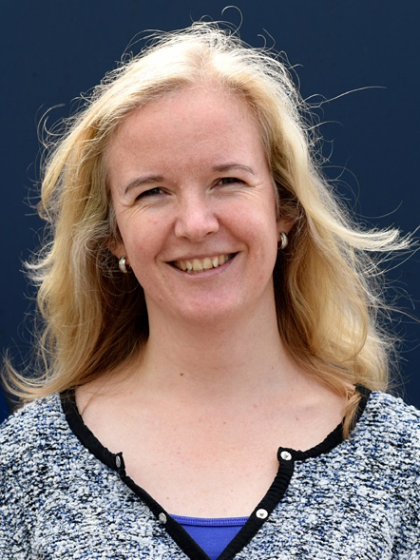
Contact
Functie
Universitair docent
Vakgebied
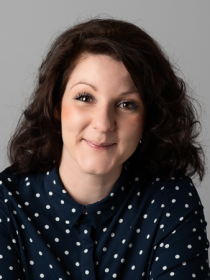
Contact
Functie
Graduate School Coordinator and Study Advisor Philosophy
Vakgebied
Rechtsfilosofie
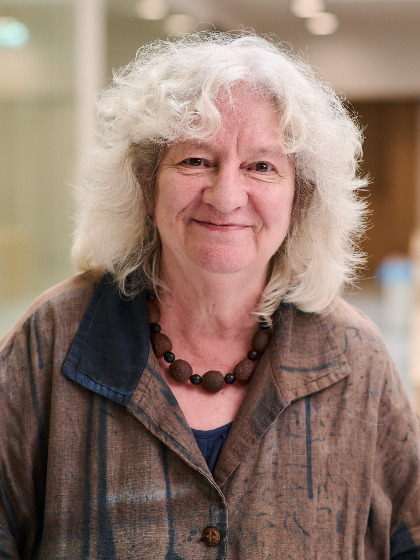
Contact
p.c.westerman rug.nl
Functie
Emeritus Hoogleraar Rechtsfilosofie
Vakgebied
Alexander Williams is a PhD candidate at the Institute for the Study of Culture (ICOG), University of Groningen. By focusing on survivor testimonies concerning the former the Aktion Reinhardt extermination camps—Bełżec, Sobibór and Treblinka—his research... read more

Contact
a.a.g.williams rug.nl
Functie
PhD Candidate and Lecturer on the Holocaust and Nazi Germany
Vakgebied
Modelleren van netwerken; hoog-dimensionale inferentie; schatten van differentiaal vergelijkingen; Statistische genetica
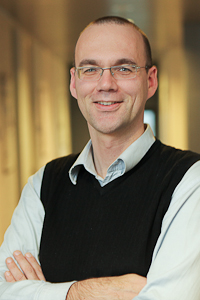
Contact
Functie
Hoogleraar Statistiek en Stochastiek
philosophy of technology; aesthetics; philosophy of design; political philosophy
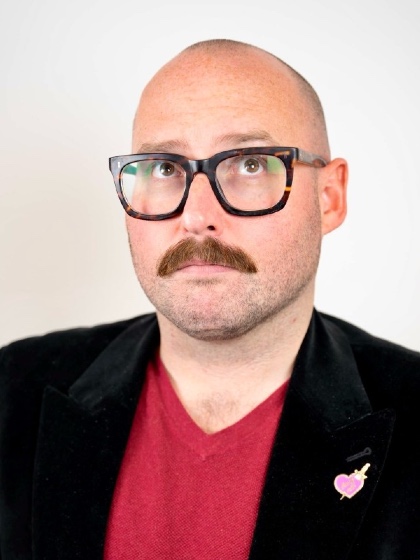
Contact
r.m.wittingslow rug.nl
Functie
Adjunct Fellow
Vakgebied
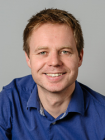
View this page in: English

